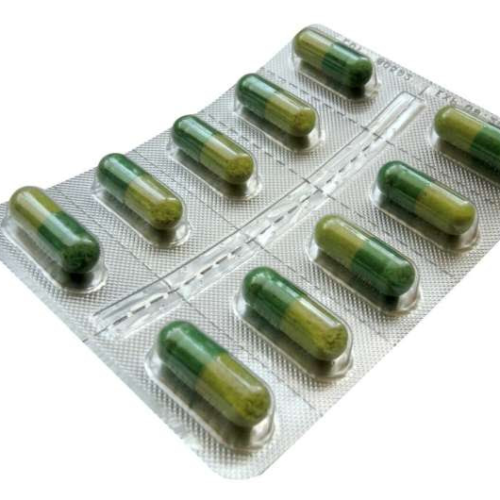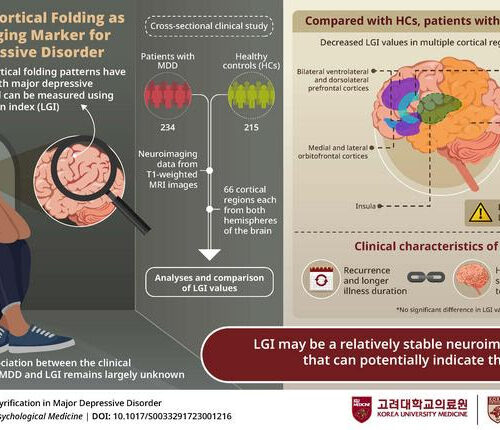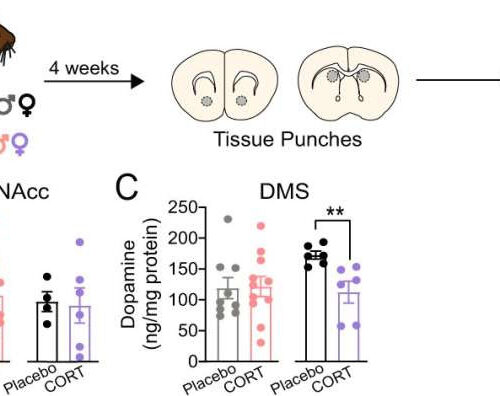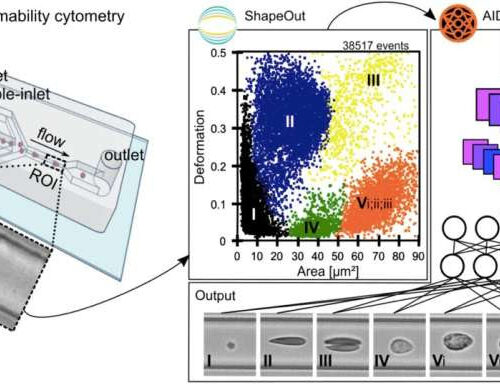JUNE 5, 2024 by Lancet Credit: Pixabay/CC0 Public DomainFor someone stopping taking antidepressants, the risk of experiencing one or more discontinuation symptoms (also called withdrawal symptoms), such as dizziness, headache, nausea, insomnia and irritability due directly to stopping the medication is 15% (equivalent to one in six to seven people), according to a systematic review...
Tag: <span>Depressive disorder</span>
Korea University Medicine study highlights a new biomarker for major depressive disorder
KOREA UNIVERSITY COLLEGE OF MEDICINE IMAGE: LOCAL GYRIFICATION INDEX MAY BE A RELATIVELY STABLE NEUROIMAGING MARKER FOR ESTABLISHING THE PREDISPOSITION TO MAJOR DEPRESSIVE DISORDER CREDIT: KYU-MAN HAN AND BYUNG-JOO HAM In appearance, the human brain’s outermost layer, called the cortex, is a maze of tissue folds. The peaks or raised surfaces of these folds, called...
New data demonstrates potential role of probiotic supplementation in adults with major depressive disorder
by King’s College London Credit: Unsplash/CC0 Public Domain A new study published 14 June in JAMA Psychiatry has found evidence that supplementing the diet with a probiotic blend containing 14 strains of bacteria can help individuals who are being treated for major depressive disorder with antidepressants. The research, led by the Institute of Psychiatry, Psychology & Neuroscience (IoPPN) at...
New data demonstrates potential role of probiotic supplementation in adults with major depressive disorder
by King’s College London Credit: Unsplash/CC0 Public Domain A new study published 14 June in JAMA Psychiatry has found evidence that supplementing the diet with a probiotic blend containing 14 strains of bacteria can help individuals who are being treated for major depressive disorder with antidepressants. The research, led by the Institute of Psychiatry, Psychology & Neuroscience (IoPPN) at...
Sex-specific mechanisms for major depressive disorder identified in response to dysregulated stress hormones
by Melissa Rohman, Northwestern University Chronic corticosterone treatment significantly decreases tissue dopamine content of the dorsomedial striatum (DMS) in female mice. A Experimental timeline for pellet implantation, tissue punches, and HPLC-ECD of dopamine. B Tissue dopamine content of the nucleus accumbens core (NAcc) of placebo- and CORT-treated male and female mice. C Tissue dopamine content of...
27 of 39 Updated guideline recommends CBT or second-generation antidepressants for adults with major depressive disorder
by American College of Physicians Credit: Unsplash/CC0 Public Domain The American College of Physicians (ACP) has issued an update of its guideline with clinical recommendations for nonpharmacologic and pharmacologic treatments of adults in the acute phase of major depressive disorder (MDD). In the updated clinical guideline, ACP recommends the use of either cognitive behavioral therapy (CBT) or second-generation antidepressants...
Depressive disorders can lead to changes in immune cells
by Dresden University of Technology Real-time deformability cytometry and subsequent AI-based classification of blood cells. Credit: Andreas Walther, CC BY-NC 4.0 Loss of interest, joylessness, lack of drive and increased fatigability—all these complaints are among the main symptoms of depression, a mental illness affecting an estimated 5% of the population in Germany. Pathophysiological features of...







